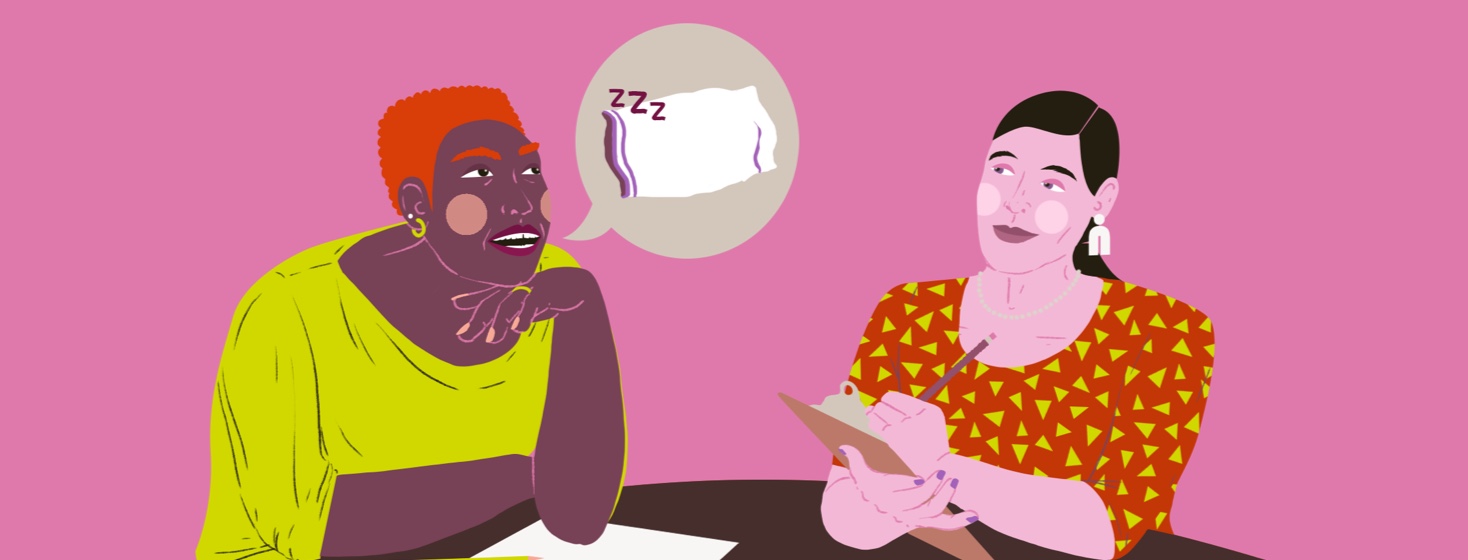My Postpartum Depression Prevention Plan for Baby Number 2
I described experiencing postpartum depression after having our first son late in 2018. I knew what the symptoms looked like, but my pride and ego would not allow me to acknowledge that I could experience postpartum depression.
I suffered in silence for 4 months and lied to my husband's face when he checked in with me. Eventually, I reached out for help and was placed in therapy. What I came to learn was that my postpartum depression stemmed from fear that was rooted in childhood trauma that I had been repressing throughout my life.
The risk of recurring postpartum depression
Having postpartum depression before means the risk of having it again rises with subsequent babies, with studies finding that women who have had it before are far more likely to have it again the next time around.1
The first step in prevention is recognizing you're at risk. My persistent worry that I wouldn't be a good mother – a worry rooted in my own mother's struggles with addiction to drugs and alcohol – was a significant factor behind my postpartum depression and has been central to what I’ve done to prepare for baby number 2.
Recognizing the signs early
During my first pregnancy, I was oblivious to the early warning signs of postpartum depression, such as bouts of sadness, anxiety, and detachment. This time, I know what to look out for. I'll keep a close watch over my mental health, seeking help at the first sign of trouble.
Was it the early symptom-spotting that helped me to avoid the worst of postpartum depression? Or had I already overcome it? I'll probably never know for sure.
Building a strong support system
A robust support system is critical to postpartum depression prevention and management. I try to be aware of the people I spend time with and ensure I'm surrounded by mentally, physically, and emotionally healthy people because that’s what’s good for my soul.
I've cut off toxic family members and strengthened ties with my tribe, including my mother-in-law, who's been an absolute blessing and a big help with being a mom.
Creating a plan for my second baby
The first thing I did to prevent postpartum depression was create a postpartum plan. My therapist is on speed dial because I don’t give myself the option of not having professional help if I need it. I have a strategy for self-care every day and scheduled time off to recharge. Having a little control makes me feel prepared.
Exploring postpartum therapy options
Therapy has been a saving grace for me. I first started going during my first pregnancy and, through talking sessions, came to realize what was beneath my postpartum depression: my fear of repeating my mother's mistakes. I've already begun sessions for this pregnancy and will continue postpartum because it gives me a place to express my concerns and anxieties, making them easier to handle.
Considering alternative therapies
I don't want to go down the medication route, but if I need to, I need to. Meditation, exercise, and mindfulness all help with mental health. This time, I'm planning to keep my placenta many believe that is good for you and can prevent postpartum depression, boost your iron levels, and balance your hormones.
This or That
What do you find more difficult to manage?
The role of self-care
Self-care is not a luxury. It's a necessity. But for mothers, it's even more important. I make sure that I do something for myself every day, whether taking a relaxing bath, reading a book, or getting enough sleep. I also plan to continue to maintain a healthy diet and exercise regularly.
Embracing the present
My past might not disappear, but it is not my present, and I am trying to be the best mother I can be. Let fear be what it will. Each day, I heal a little more and edge away from being chained up like my mother was.
And in vulnerable and open-hearted ways, I want to share my story – my family's story – and reach other mothers who are being held hostage by fear and anxiety. You're not alone. You can find a healthy balance, and we deserve a better, brighter, safer future for our children.
